Aikeremu Aierken: 21 years of dedication, trading heartfelt efforts for genuine connections
By Lin Zhuowei
(ECNS) -- "We entrust our children to you, and we feel at ease." This is a line that a parent from a remote area of Xinjiang once said to Aikeremu Aierken during a home visit. These words have stayed with him to this day.
As a counselor in the School of Humanities at Beijing University of Posts and Telecommunications, Aikeremu Aierken has been deeply involved in student affairs for over 20 years. In 2024, he was honored as a "Model Individual for National Ethnic Unity and Progress" and attended the national commendation ceremony at the Great Hall of the People.
"I feel incredibly proud and honored," Aikeremu said calmly, though his words were filled with excitement. "A counselor is not just an administrator; they are a guide in the students' growth journey. I hope to be there for them during their toughest and most confusing times, someone they can rely on."
Born in Urumqi, Xinjiang, Aikeremu studied at Nanjing University during his college years. Since starting his career in 2004, he has remained committed to the front lines of student ideological education. At one point, he experienced doubt: "I was young and unfamiliar with the job, and I felt confused. But several experiences solidified my resolve."
In 2005, he and his colleagues began their journey of home visits to Xinjiang. That year, they traveled thousands of kilometers, from Beijing to Urumqi, Aksu to Kashi, and onto Hetian, covering the length and breadth of the Tianshan Mountains. To meet with students' families, they crossed mountains and even traveled in horse-drawn carts.
"It's not easy for children from such faraway places to come to the capital to study," Aikeremu recalls. For students facing financial difficulties, teachers often spontaneously donated money and resources to help.
One experience that left a deep impression on him involved a Uygur student who suddenly fell seriously ill and was in critical condition. Aikeremu accompanied the student to the hospital immediately, and soon, college leadership, teachers, and students of all ethnic backgrounds came to visit. Aikeremu and several teachers kept vigil at the student's bedside all night long.
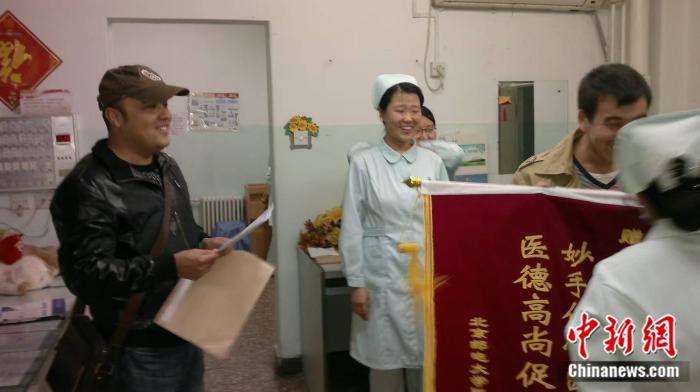
"When we signed the critical illness notice, the leaders were particularly resolute: ‘The child's life is the most important; everything else can wait,’" Aikeremu recalled. More than fifty teachers voluntarily donated money, and the entire school worked together to help the student recover, who eventually made a full recovery.
After regaining his health, the student sent a handwritten thank-you letter to the college and personally thanked the doctors and nurses. At the graduation ceremony, classmates dramatized the experience, filling the room with applause and tears. Inspired by Aikeremu, the student also became a school counselor.
"Because I am Uygur, I can truly feel the warmth brought by ethnic unity. I must do this job well and pass on these feelings," Aikeremu said.







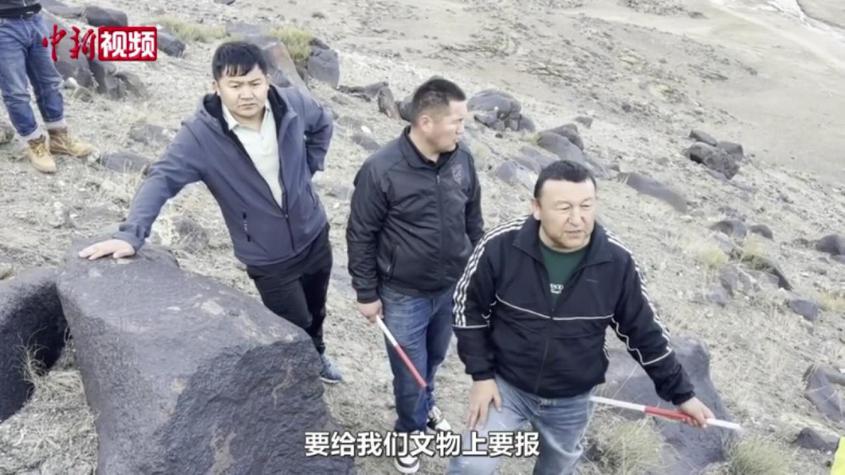



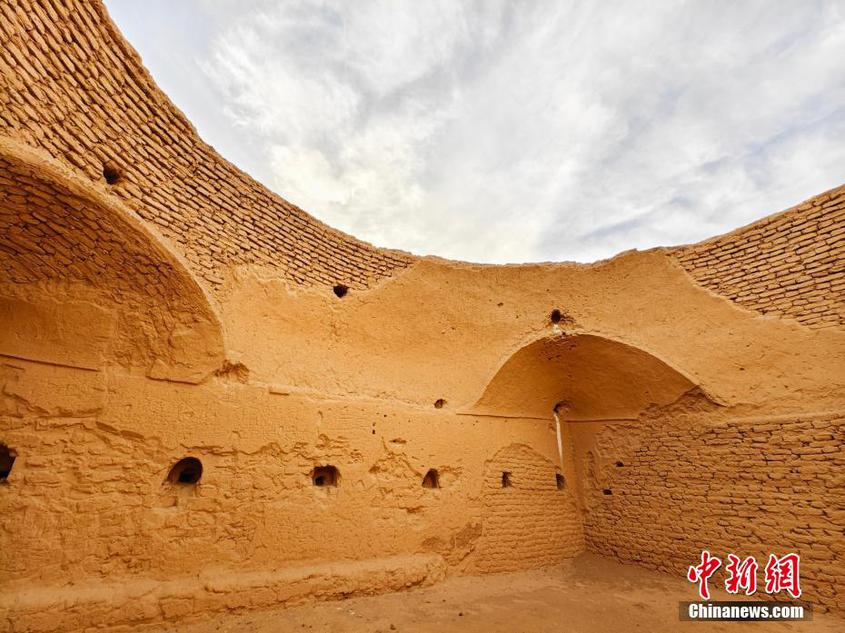

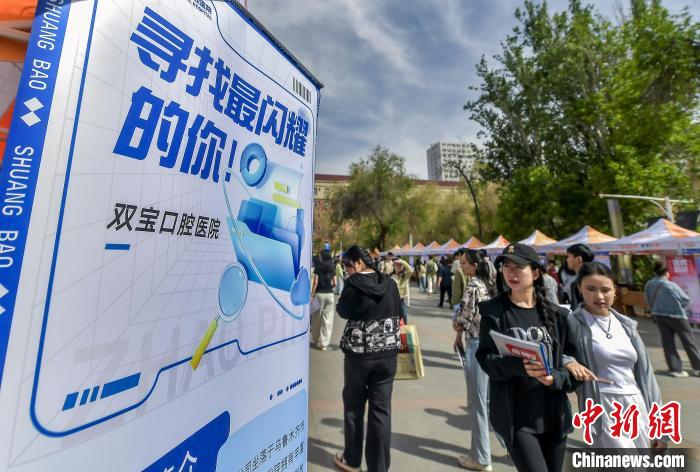



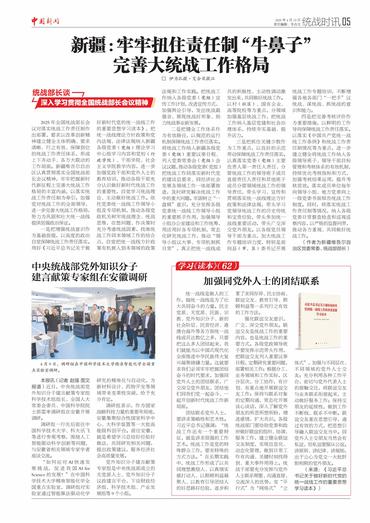
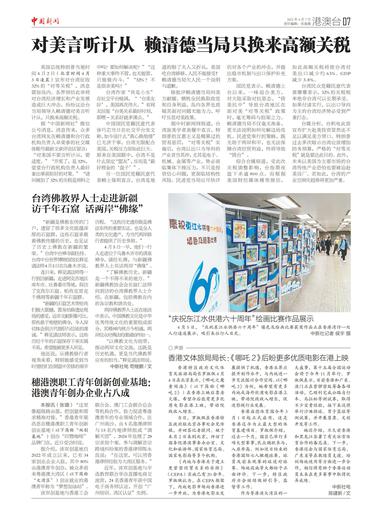
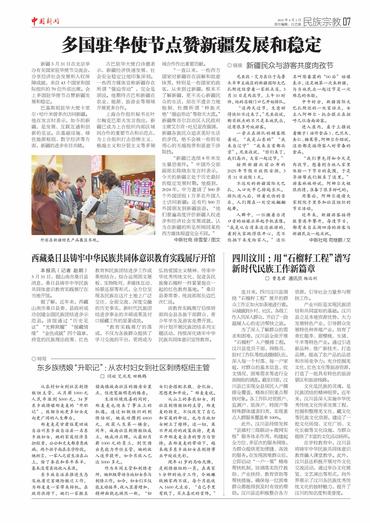
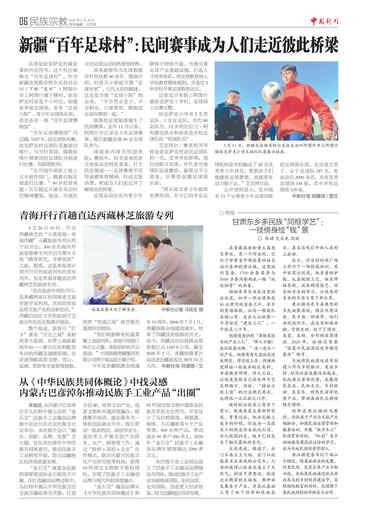
 京公网安备 11010202009201号
京公网安备 11010202009201号